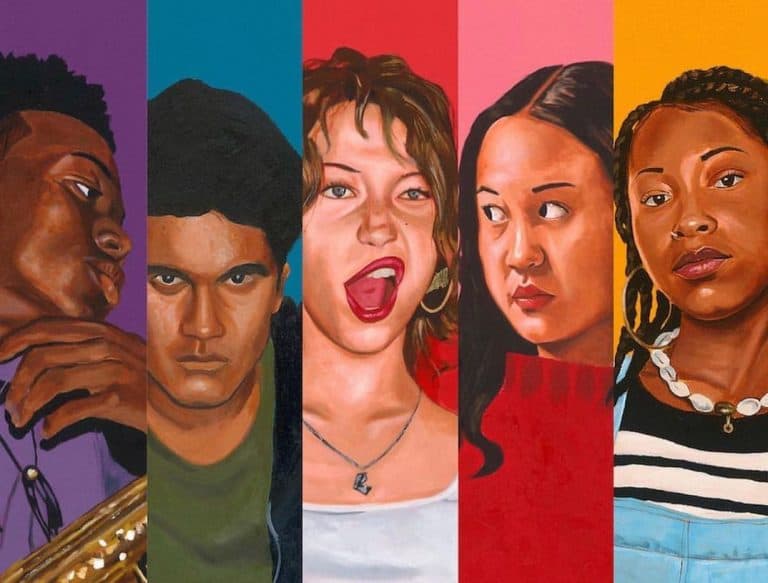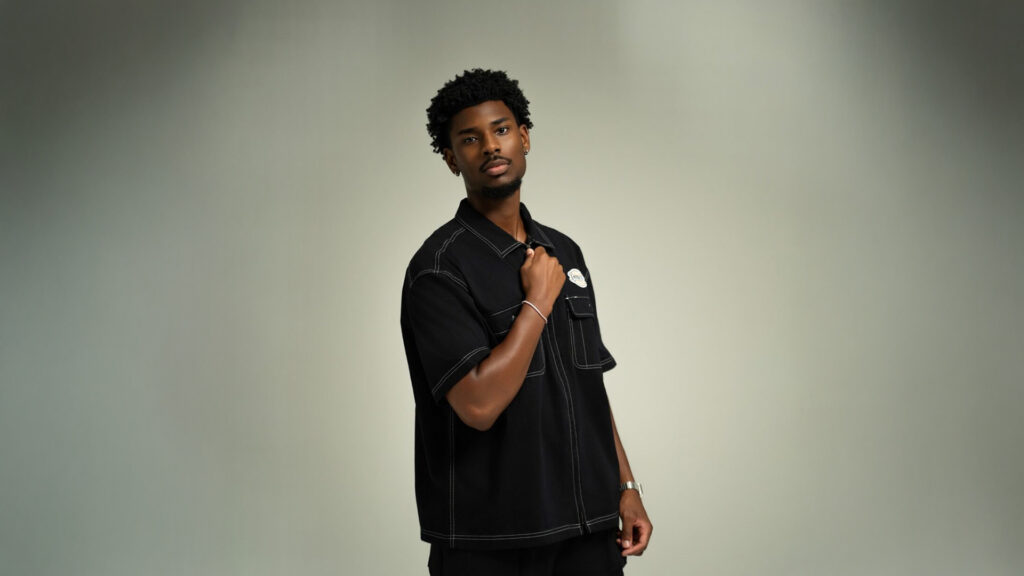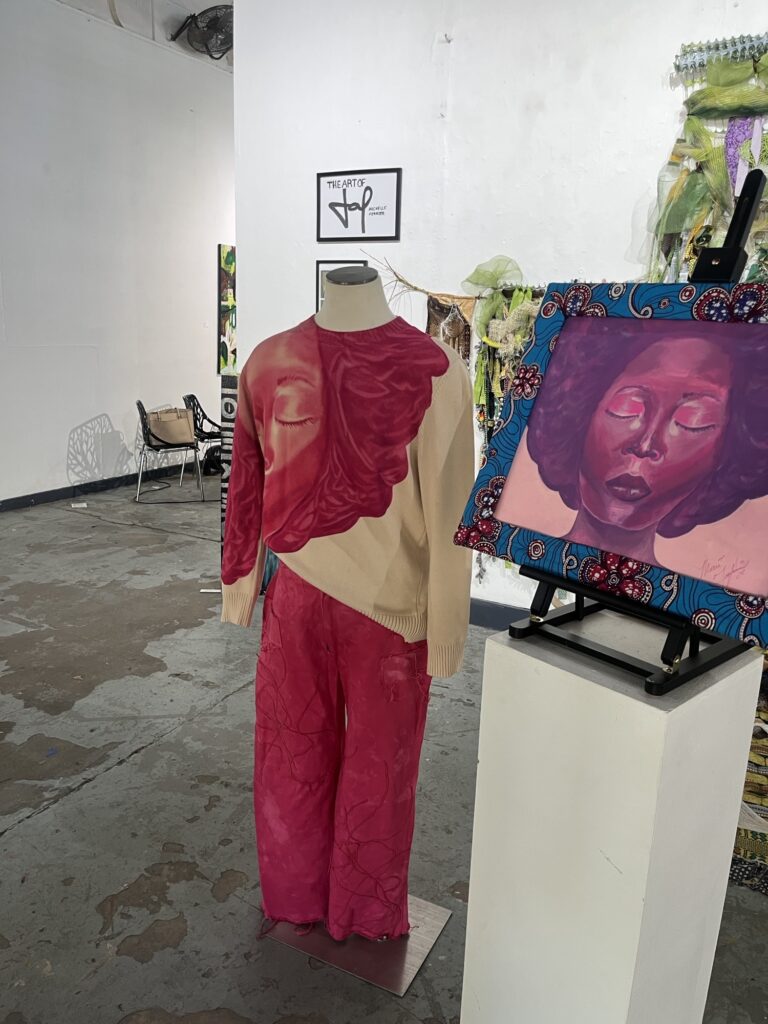To be seen is a task so complex and daring that the mere unpacking of such a statement could span over a lifetime. Netflix’s “Grand Army” manages to decipher such an intricate notion by describing five main characters’ journey for acceptance, self-worth and introspection while tackling typical teen drama themes such as sexual assault, racism, sexuality, poverty, slut-shaming and activism. Its largely diverse cast and array of talented actors allow each storyline’s raw depiction of reality the platform they deserve without one overshadowing the others. As the series progresses and the characters blossom into their fullest form, the innocent become unruly and the lost start their road to rediscovery.
We begin our march into the lives of the “Grand Army” soldiers with friendly neighborhood shero Joey Del Marco, played by Odessa A’zion, removing a used condom from her friend’s vaginal canal to attest to the lengths she will go for the people she loves. While originally depicted as a wild and overly affectionate dancer, we quickly receive insight into this surprising intellectual’s heightened moral compass, liberal political views and innocence that would shock even her closest of friends.

It’s clear that her reputation in school didn’t align with her true nature but she manages to rebrand herself as a strong feminist whose ingeniously bold political statement won the hearts of many of her classmates. While seemingly strong-minded we receive insight into past trauma that gives birth to her understanding of independence and body positivity that leads to Joey’s most vulnerable times and heart wrenching experiences as she is abandoned and judged by those closest to her.
Part of what makes Joey’s character development so interesting is that in some ways it worked in reverse to that of more timid characters such as Leila Kwan Zimmer played by Amalia Yoo.
 Leila, an adopted Chinese-American freshman, struggles to fit in setting the stage for a relatable tale of self-discovery but as we learn more about her character we find that her dark sense of entitlement may not be as quirky as we thought. The animation used to describe her psyche lets on to a frightening amount of inner rage and unmet need for attention. She continually seeks the acceptance she so desperately craves from a boy that continually offers her nothing but lackluster amounts of attention when convenient for him.
Leila, an adopted Chinese-American freshman, struggles to fit in setting the stage for a relatable tale of self-discovery but as we learn more about her character we find that her dark sense of entitlement may not be as quirky as we thought. The animation used to describe her psyche lets on to a frightening amount of inner rage and unmet need for attention. She continually seeks the acceptance she so desperately craves from a boy that continually offers her nothing but lackluster amounts of attention when convenient for him.
Although, one may pity her as she’s continually treated like a cultural pariah and suffers through the harassment from her fellow Asian classmates and humiliation by students she hardly knows. Through it all, she still manages to make herself a public enemy as her selfish tendencies and yearning for approval clouds her already questionable judgment. Her self-serving personality creates tension in all of her relationships and though she eventually finds some sense of normalcy and individualism the means by which she finds it are not ideal to say the least.
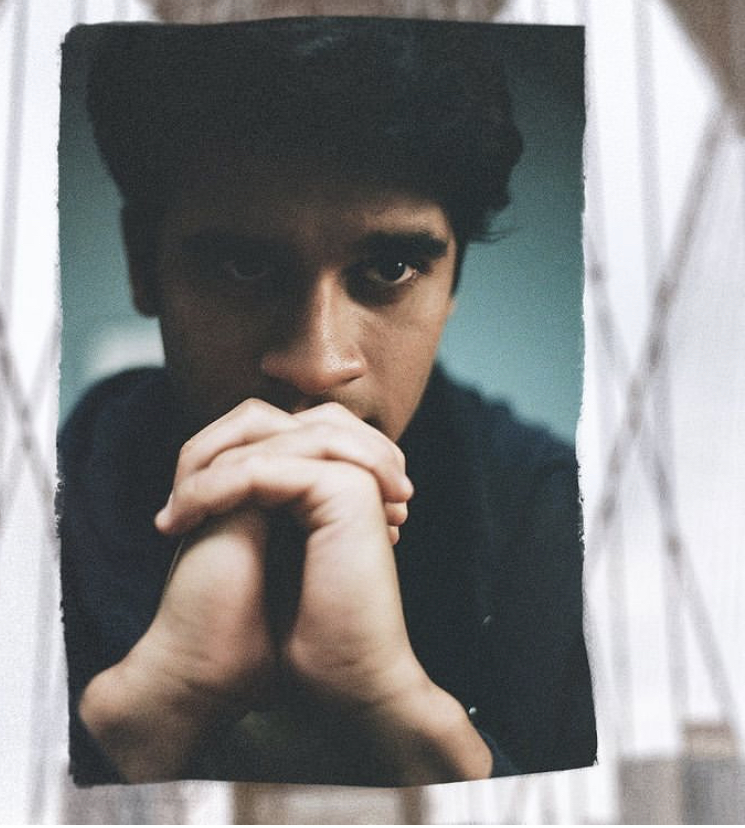
Swim team captain Siddhartha Pakam, also known as Sid and played by Amir Bageria, shows us that you don’t have to be an outsider to feel alone as we follow his path of self discovery through his search for the part of him that will intrigue Harvard admission. Throughout the series, he works tirelessly on his college essay and uses it as an effective outlet to address his experience with judgement from others due to xenophobia given his background as an Indian man. His essay also allows him to awaken a part of himself that he seems to have been fighting for a long time. His status as a school athlete and his parents’ conservative cultural structure fosters an inner conflict as he continues to fight with himself on who he is and who he feels he is supposed to be.
 Sid is not the only athlete grappling with a strict and cultured home life as actress Odley Jean brings Haitian basketball player Dominique Pierre, affectionately known as Dom, to the screen. Dom’s entrepreneurial spirit and aspirations in becoming a first-generation college student set on studying psychology made her an instant black icon as her focus and ambition is inspiring to both her family and friends. This Creole-speaking hairstylist finds “power in vulnerability” through her pursuit of her dream career. Her no-nonsense attitude comes off as forthright but she always manages to keep her cool as she is a naturally loving person. Dom’s matriarchal family continually pushes her to grow up quickly as she is being held responsible as a caretaker for her nieces and nephews. When her sister is fired after an accident at work, she must choose between her family and her own happiness.
Sid is not the only athlete grappling with a strict and cultured home life as actress Odley Jean brings Haitian basketball player Dominique Pierre, affectionately known as Dom, to the screen. Dom’s entrepreneurial spirit and aspirations in becoming a first-generation college student set on studying psychology made her an instant black icon as her focus and ambition is inspiring to both her family and friends. This Creole-speaking hairstylist finds “power in vulnerability” through her pursuit of her dream career. Her no-nonsense attitude comes off as forthright but she always manages to keep her cool as she is a naturally loving person. Dom’s matriarchal family continually pushes her to grow up quickly as she is being held responsible as a caretaker for her nieces and nephews. When her sister is fired after an accident at work, she must choose between her family and her own happiness.
At the beginning of the show she is met with adversity when her money is stolen after character Jayson Jackson, played by Maliq Johnson, and Owen Wilson, played by Jaden Jordan, take her wallet and accidentally drop it down a staircase when playing around. This seemingly unimportant scene of high school mischief leads to life-altering changes for both Owen and Jayson as they both receive harsh consequences for their minor actions.
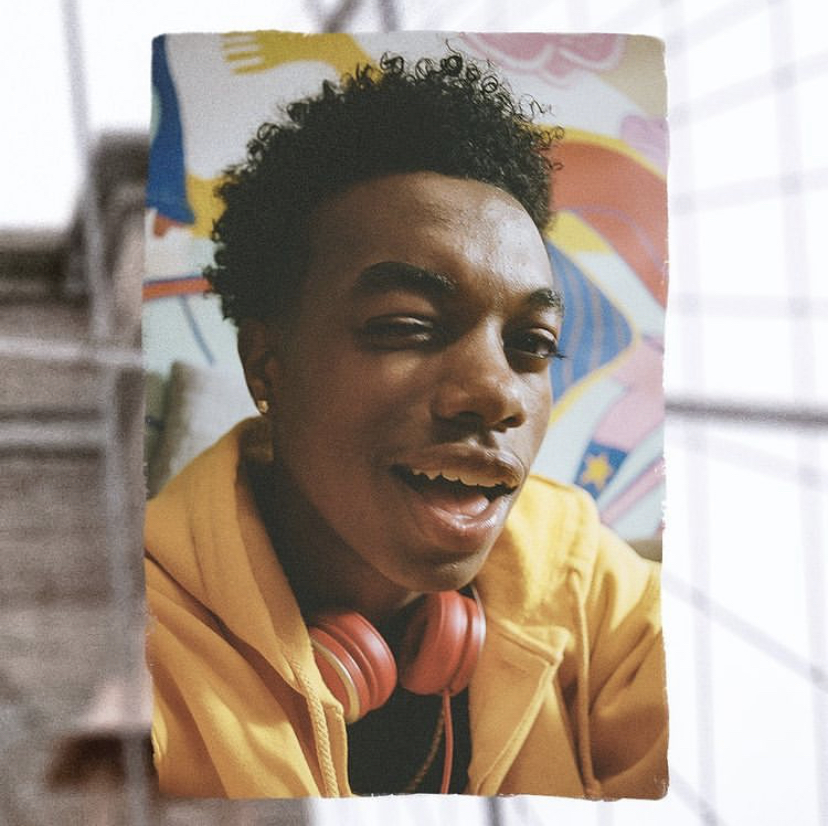 Jayson, the more economically privileged out of the two, received a lighter punishment leaving Owen and his parents envious of his circumstances as it causes him to change schools and miss out on an incredible opportunity in his music career that was then passed to Jayson when Owen was not eligible to accept it. These two saxophone playing teenagers slowly drift apart as Jayson works adamantly to find justice and restore the friendship he lost. Jayson begins to indulge in activism in hopes of helping people to see that there can be comparisons made between unjustified policing and the school zero-tolerance policy that allows them to push students out and further support the school to prison pipeline.
Jayson, the more economically privileged out of the two, received a lighter punishment leaving Owen and his parents envious of his circumstances as it causes him to change schools and miss out on an incredible opportunity in his music career that was then passed to Jayson when Owen was not eligible to accept it. These two saxophone playing teenagers slowly drift apart as Jayson works adamantly to find justice and restore the friendship he lost. Jayson begins to indulge in activism in hopes of helping people to see that there can be comparisons made between unjustified policing and the school zero-tolerance policy that allows them to push students out and further support the school to prison pipeline.
While the first episode gave us exciting circumstances to consider, it also laid the groundwork for what seemed to be a predictable character base. As we empathize through their relatable downfalls and celebrate their accomplishments, the series while awe-inspiring is not perfect.
Despite its refreshing ability to bring light to unpopular cultural and racial biases, it lacks a sense of respect and boundaries as its morbid humor, while realistic, can be unsettling at times. The seamless transitions of stories were almost eerie in its perfection up until the abrupt placement of Leila’s caricatures. The story’s slight downplaying of side topics, while seemingly incomplete, gives the writers room for growth in the next season.

